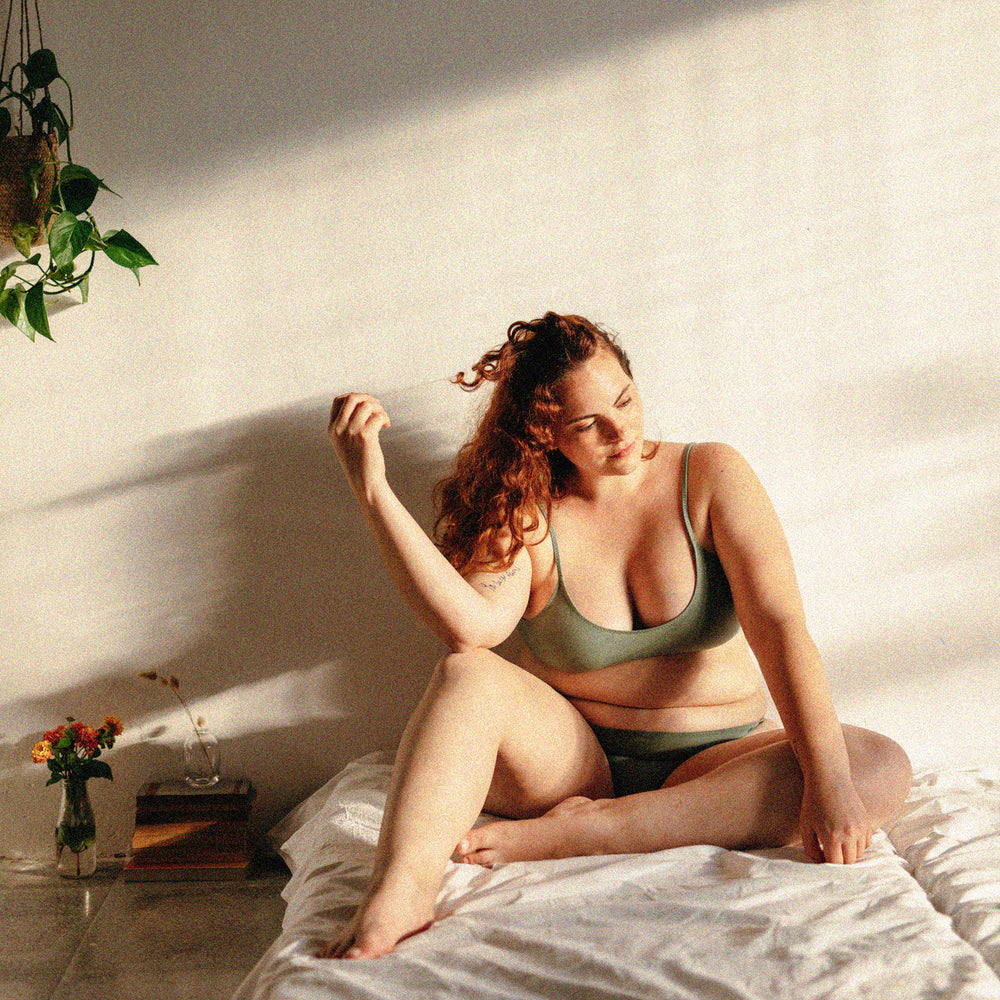We talk a lot about fertility journeys and roads to motherhood here at Perelel. But for many women, the inception of becoming a mom begins a lot earlier: at fertility clinic, freezing their eggs. Though expensive and not often covered by insurance—the average price of one egg freezing procedure costs between $6,000 and $20,000—more than 10,000 women in the U.S. alone froze their eggs in 2019, according to FertilityIQ. What's more, clinics actually saw an uptick in egg freezing procedures during the pandemic (some reporting up to a 50 percent increase) when women had more time at their disposal without the confines of a 9-to-5 desk job and active social life. That's because though egg freezing gives women the luxury of being able to plan when they want to start having children, the procedure can nonetheless be taxing—financially, physically and emotionally.
To better understand the ins and outs of egg freezing, we caught up with chef Camilla Marcus on our podcast Perelel Lives where she shared her egg freeze journey. Here are three takeaways we learned from our conversation.
1. We should talk about fertility sooner.
For Marcus, she made the decision to freeze her eggs in her 20s when a friend of hers decided to go through the procedure.
"Really without my girlfriend mentioning it, it really wasn't on my radar," she says.
"I mean I want my daughter to freeze her eggs in her 20s. I personally think it should be covered by health insurance. I think every woman should have the right to do it in their 20s. I just think we don't talk about fertility until we want to have kids and a lot of times that's very far into where you have a lot less options, and that's really what I got from my friend."
2. An egg freeze cycle is typically 10 to 14 days.
"When our test came back with a thumbs up, I said look, I want to freeze now because it's not getting any better and what if something happens," Marcus explains.
An egg freeze cycle includes hormone injections and ends in an egg retrieval procedure. And those fertility medications can often have unpleasant side effects such as mood swings. Still, for Marcus it's worth it.
"A lot of times it can feel very scary, very daunting, and very stressful to take it all on but I worked the whole time I was doing it and no one ever knew."
3. It's okay to feel stressed by the experience.
"I think one of the reasons that IVF is less successful is that the freezing part is very intense, like the extraction," says Marcus. And research shows that chronic stress affects the body and may even impact your ovarian reserve. Because of that, it's important to take care of your mental health when freezing your eggs, too. Need some help to start? Check out these tips from our reproductive psychiatrist.
Listen to our full conversation with Camilla Marcus on Perelel Lives below.
Shop Vitamins for Egg Freezing

Perelel Egg Freeze Support Pack ($120 - $178)
Thinking about freezing your eggs? Shop doctor-made vitamins to support your body through the egg freeze process now. Plus, learn the top five foods to support fertility, according to a nutritionist now.
This article is for informational purposes only. It is not, nor is it intended to be, a substitute for professional medical advice, diagnosis, or treatment and we recommend that you always consult with your healthcare provider. To the extent that this article features the advice of physicians or medical practitioners, the views expressed are the views of the cited expert and do not necessarily represent the views of Perelel.



















